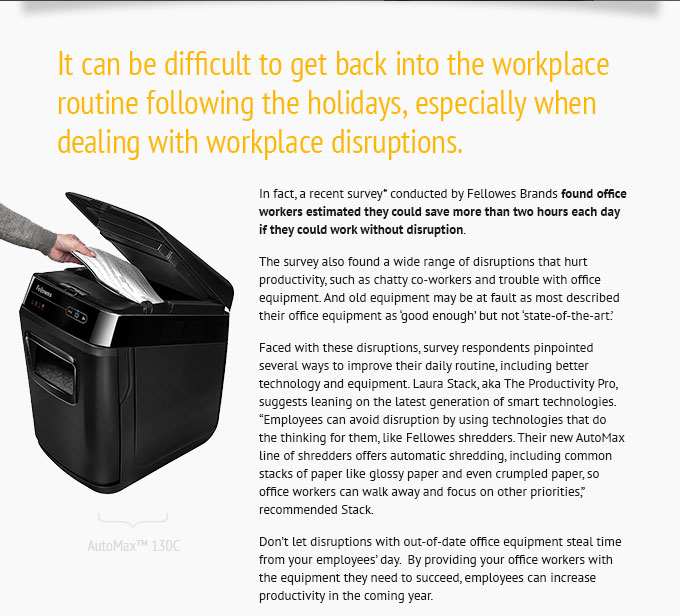Good morning to all those who continue to read and support my blog. It has been a great year so far and here we are so close to April 2015 WOW!
How do you create transformation in your personal life and in the workplace. I can tell you from the many people that I have been their personal life coach that it takes so much to be able to create that personal transformation within oneself. People think that it is simply thinking about that changes but it goes so much deeper into the soul of understanding. First let me define personal transformation for you:
"To Transform One Must Face Challenges With An Open Mind" Luciano Santini
Personal transformation is a change in the way you feel about yourself and subsequently the world. Personal transformation is sometimes called personal development, personal growth or spiritual transformation. Personal transformation can happen in many ways.
You see my friends when you change from within it will eventually transfer on how you look at others and the rest of the world it goes deeper then just a perception of others and the world. Another definition is as follows: One will need to create an analysis as you would for a business or in the workplace or what is known as a concept analysis of personal transformation. Here is a pretty good model that I like to use in real life and in the workplace. I personally used this model while doing my research on human psychology and self development of the human mind.
Personal
transformation, a multidimensional concept, is applicable to nursing
practice, education, and research. Using a modified version of Walker
and Avant's concept analysis model, personal transformation was analyzed
relative to Newman's Theory of Health as Expanding Consciousness. By
integrating common themes from definitions of several disciplines with
Newman's theory, a definition of personal transformation was derived.
Personal transformation is a dynamic, uniquely individualized process of
expanding consciousness whereby individuals become critically aware of
old and new self-views and choose to integrate these views into a new
self-definition. A conceptual map depicts the defining attributes,
antecedents and consequences of personal transformation. A model case
illustrates the applicability of the concept to nursing education.
Because the transformation process is revealed through individual
patterns, qualitative research for further analysis of the concept is
recommended.
"Look Inside Yourself To find What Makes You Who You Are" Luciano The Key Santini
I always find it hilarious when someone is asked what transformational change is and we all have different definitions of what we may think it is or might be and the answers might all be correct,however if we do not know how to implement or execute the models or the techniques then you will become stuck whether you are an individual or a corporation for profit or a non profit.
Now remember one must have the understanding of the self first in other words know who you are and understand where you are in life. Once a person whether the individual trying to figure who and where they are or a CEO trying to figure out where the corporation or organization is trying to go.
Whatever the situation may be do not try to push ideas on people when you the pusher or pushers have no idea or you may know, however the ones who you are asking to implement your ideas have no idea how to execute what they are trying to push on to other individuals in general.
I will share a concept from two professors of who are still mentors by Marcia Daszko and Sheila Sheinberg, PhD's;
Transformation has become a popular, overused and
misunderstood word in organizations in the twenty-first century. Hundreds of
organizations hear the mandate for transformation. The mandate comes from
Congress, the Pentagon, government agencies, and the senior military, corporate
executives or school Superintendents. Leaders and their organizations are
compelled to respond to the mandate.
They attempt to “talk the language” and take action in pursuit
of transformation. Often the response, however, is a reaction, actions and mere
incremental changes that are neither sustainable nor systematic. Unfortunately,
few individuals understand transformation or why there is an imperative for
transformation, not merely incremental or transitional change.
Often, people confuse transformation with any kind of
change, technology breakthrough, innovation, process improvement or transition.
However, few changes are truly transformational. Management typically
interchanges the words and thinking for changing and transforming an
organization.
But there are unique distinctions—and those distinctions, applied
and realized, not only result in a competitive edge but in unparalleled
leadership that is rare to find and that can make a difference for society.
However, while all transformation is change, not all change is transformation.
To transform means to change in form, appearance or structure. Transformation
in the context of the management of organizations and systems occurs first in
individuals, and then, in the organization.
Transformation is the creation and change of a whole new
form, function or structure. To transform is to create something new that has
never existed before and could not be predicted from the past. Transformation
is a “change” in mindset. It is based on learning a system of profound
knowledge and taking actions based on leading with knowledge
and courage.


















